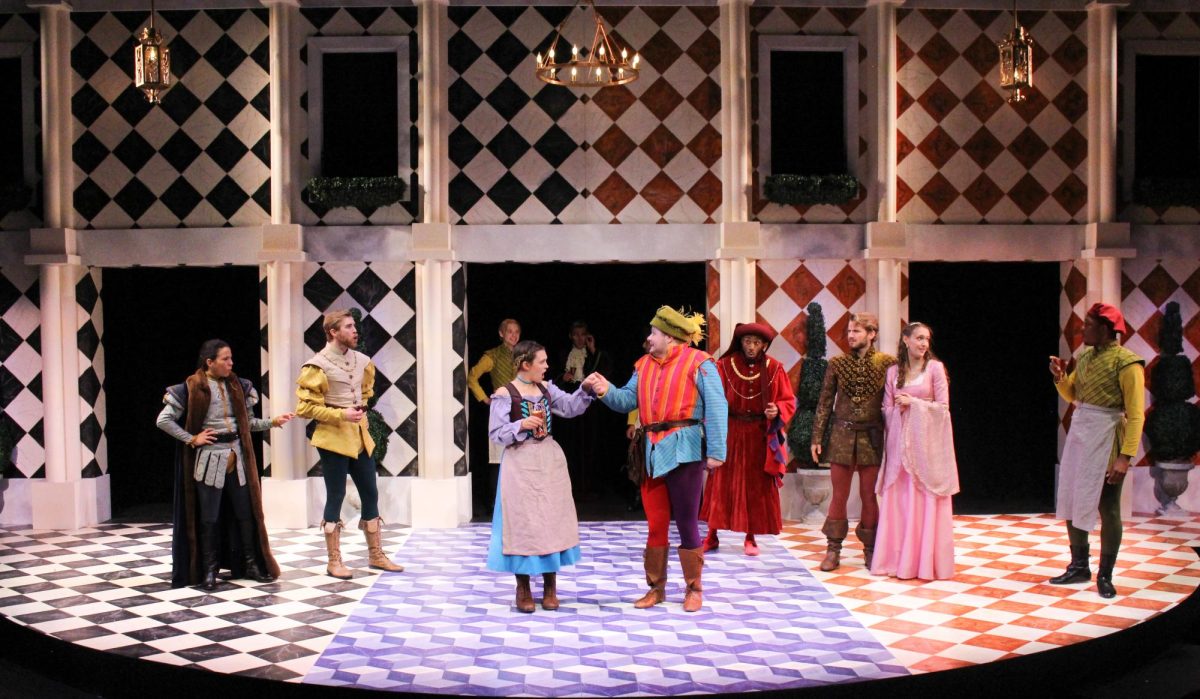American education has become a laughing-stock not only in the international community but nationally as well.
Teachers unions, educrats, partisan politics, sports, negative home life, television and a whole host of other things currently stand in the way of American success.
With a system that is so broken, why is there not a greater effort to reform? Davis Guggenheim, of “An Inconvenient Truth,” set out to inspire change.
Guggenheim’s latest film, “Waiting for ‘Superman,'” dives into the controversial world surrounding charter schools, publicly funded but independently run schools that in some circles are being heralded as the way of the future. ‘
“Waiting for ‘Superman'” follows the lives of four kids trying to get into one of these educational wonderlands.
However, there’s a catch: Only so many are allowed in, and the admission exam is a lottery.
Guggenheim believes the “lottery” idea is indicative of American education as a whole. Sure America has some of the best schools in the world, but not everyone gets to attend them.
For those lucky enough, dreams of college and careers abound, and all is well. But that is not enough for Guggenheim, who attended a private school as do his children.
His goal in making this film was to address the dysfunction present in our school systems and to “get people to care about other people’s children.” Guggenheim admits he had previously been guilty of thinking, “Well I know what’s right for my children and that’s all I can do.” But as a big believer in public schools, he knew that he had a bigger responsibility.
As shocking as the film has been for some to view, Guggenheim stresses a film’s limits.
One teacher at NBC’s “town hall” meeting last Sunday complained that “Waiting for ‘Superman'” presented enormous problems without giving any solutions. In an interview with The Daily Campus, Guggenheim countered this remark.
“A movie can’t educate a child,” Guggenheim said, “But a movie can inspire and show how the stakes are.”
One such moment came when a study found that American students ranked far below many of their international peers. In one area, however, Americans excelled: self-confidence. The French were among the high performers.
But would a French style education system be best for the United States?
“French teachers are not coaches,” SMU French professor Paola Buckley said. “They are not cheerleaders like teachers in the United States. They are there to weed out the less academically inclined.”
She also emphasized that French children spend more time in the classroom and are given a firm foundation in math and science before any other specialization begins.
She added, “French teachers also announce grades by name.” Some experts have argued this process is just plain abusive, but that it would certainly combat some of the ego problems plaguing school corridors.
The film then returns to the idea of more charter schools. The four children, one from Harlem, one from Los Angeles, one from Washington, DC and one from the Bay Area, work together beautifully, though miles apart, leaving audiences in tears.
Their ambition and optimism are things every American has to admire, and consequently the actual lottery becomes only a minor portion of the film.
The adult heroes include: Geoffrey Canada, CEO of Harlem Children’s Zone; Michelle Rhee, DC Public School chancellor; KIPP founders Dave Levin and Mike Feinburg and of course the families of the four children.
The ‘villain’ of the film is Randi Weingarten, president of the American Federation of Teachers.
Guggenheim not only wanted to focus on the children but also deal harshly with the adults, who he believes has distorted the system to work exclusively for them.
“Waiting for ‘Superman'” will surely not disappoint. As pointed out in the film, education is the gateway to the future. Now if that does not inspire you, the kids surely will.
In a classic battle between good and evil, Guggenheim takes us on an emotional journey, through the political and practical side of educating American children.








